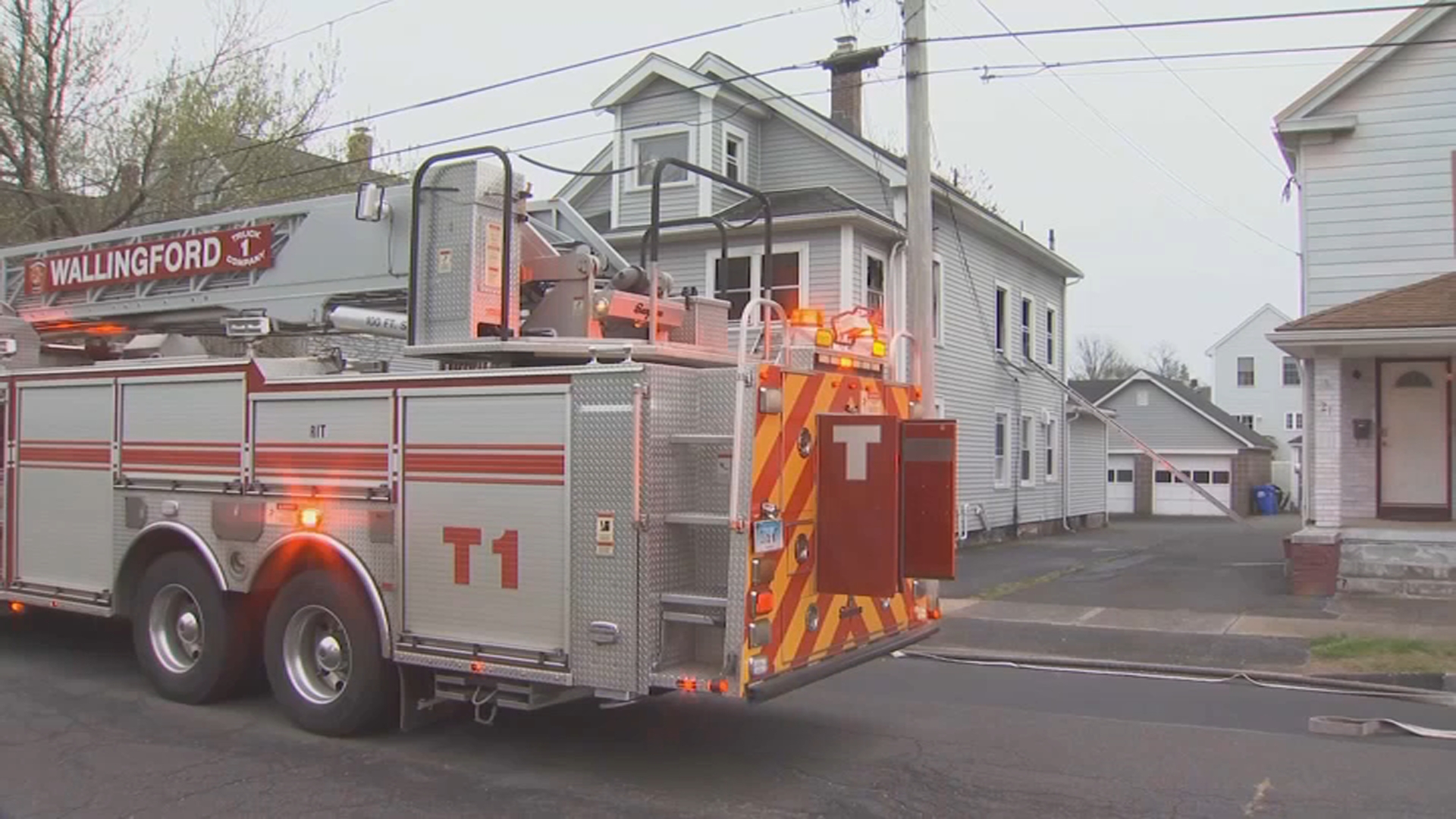Many jobs that would in the past have gone to workers with less education are now going to college graduates instead and many of them are asking themselves if getting the diploma was worth it.
The dream-job picture has been especially discouraging for new college graduates who have found themselves joining a workforce with fewer and fewer jobs to go around.
“Even with the degree, it doesn’t seem so hopeful to get a job that quickly. I’m scared of starting a new life, it just seems that everything is delayed and becoming independent is more and more impossible,” said Natalia Rygiel, a recent college graduate who’s handed out hundreds of resumes at job fares over the last six months.
Students struggle all around, and some recent graduates, like Bryan Stadterman, blame the bad luck on the bad economy.
“I’ve been looking since I got out of the school in May. It’s a little difficult, you know, with this economy,”
However, experts say 2011 college graduates are finding the job market a bit more welcoming than the class before them because of high corporate profits this year.
“Companies may actually prefer young and fresh graduates that could be going to the training rather than taking somebody that graduated two years ago, where their experience really is not relevant at all,” Ghosh Chinmoy, f the UConn School of Business, said.
Local
According to Bloomberg Business Week, hiring of new college grads is up 10 percent this year, with many of the new jobs going to students who have a business background.
A recent survey of college-grads.com shows that Enterprise Rent-A-Car, Teach for America, Verizon Wireless and Hertz are the top four employers of entry-level graduates.
The last report from the Department of Labor indicates that the unemployment rate in Connecticut for people with associate degrees increased to 9.7 percent versus 8.8 percent last year, and the rate among those who have a bachelor’s degree, it decreased to 4.4 percent.
College loans repayments don't kick in until December, but the longer recent grads are out of work, the more they panic. For 2010 graduates, like Adam Seay, what really matters is to keep a good credit.
"I don’t want to kill my credit and the interest is only going to keep building. I have to get a job that is paying enough so I can pay small amounts,” he said.
Sandy Mello, a career counselor for the Department of Labor, recommends to use job titles and skill headings that relate to and match the jobs you want.
"Your skills and abilities should be highlighted right off the bat, and to be honest with you, the employers that you've worked -- it's actually secondary. The first thing they're going to see is what are you going to bring to that employer.”
The median starting salary for students graduating from four-year colleges in 2009 and 2010 was $27,000 down from $30,000 for those who entered the workforce before the economic crisis.
Employment rates for new college graduates have fallen sharply in the last two years, as have starting salaries for those who can find work. Now evidence is emerging that the damage wrought by the sour economy is more widespread than just a few careers led astray or postponed.



